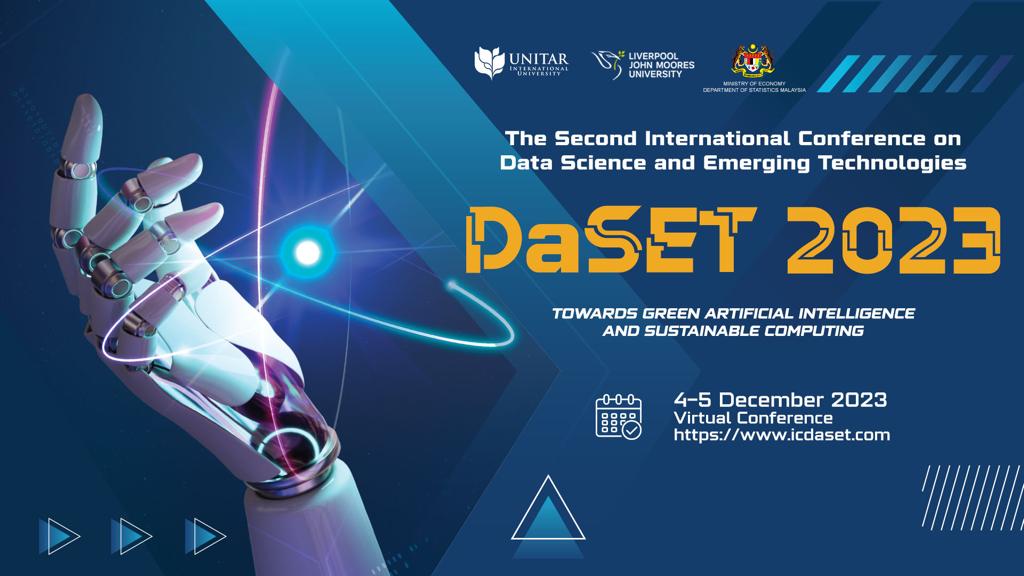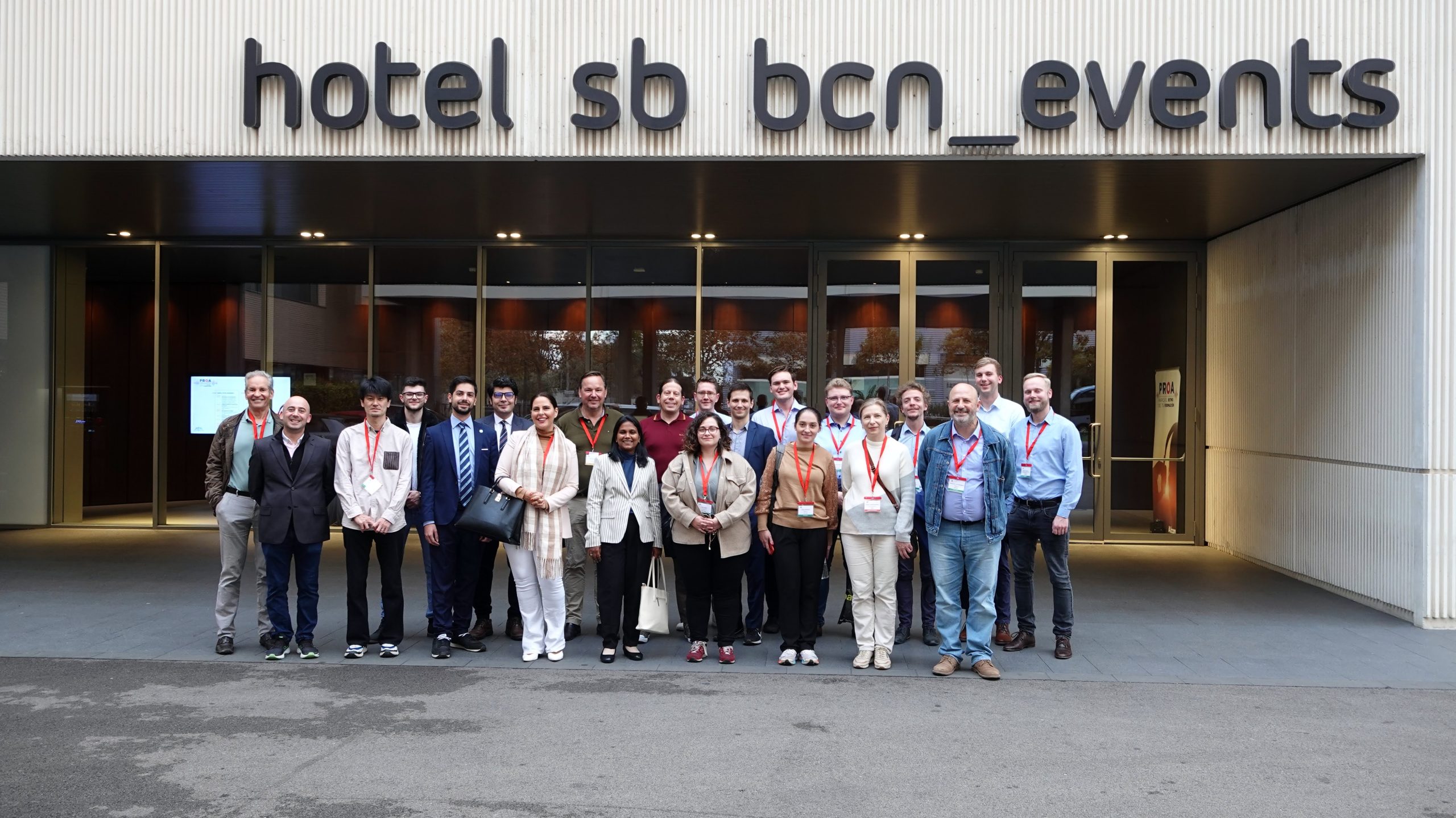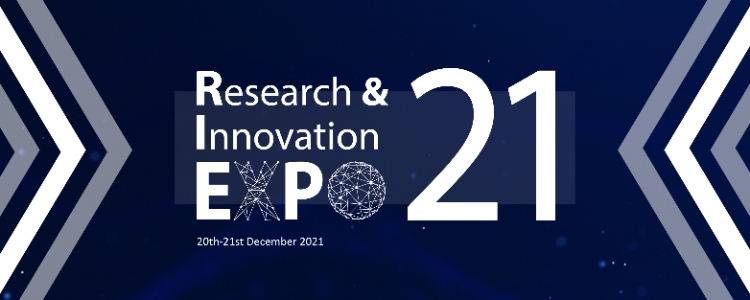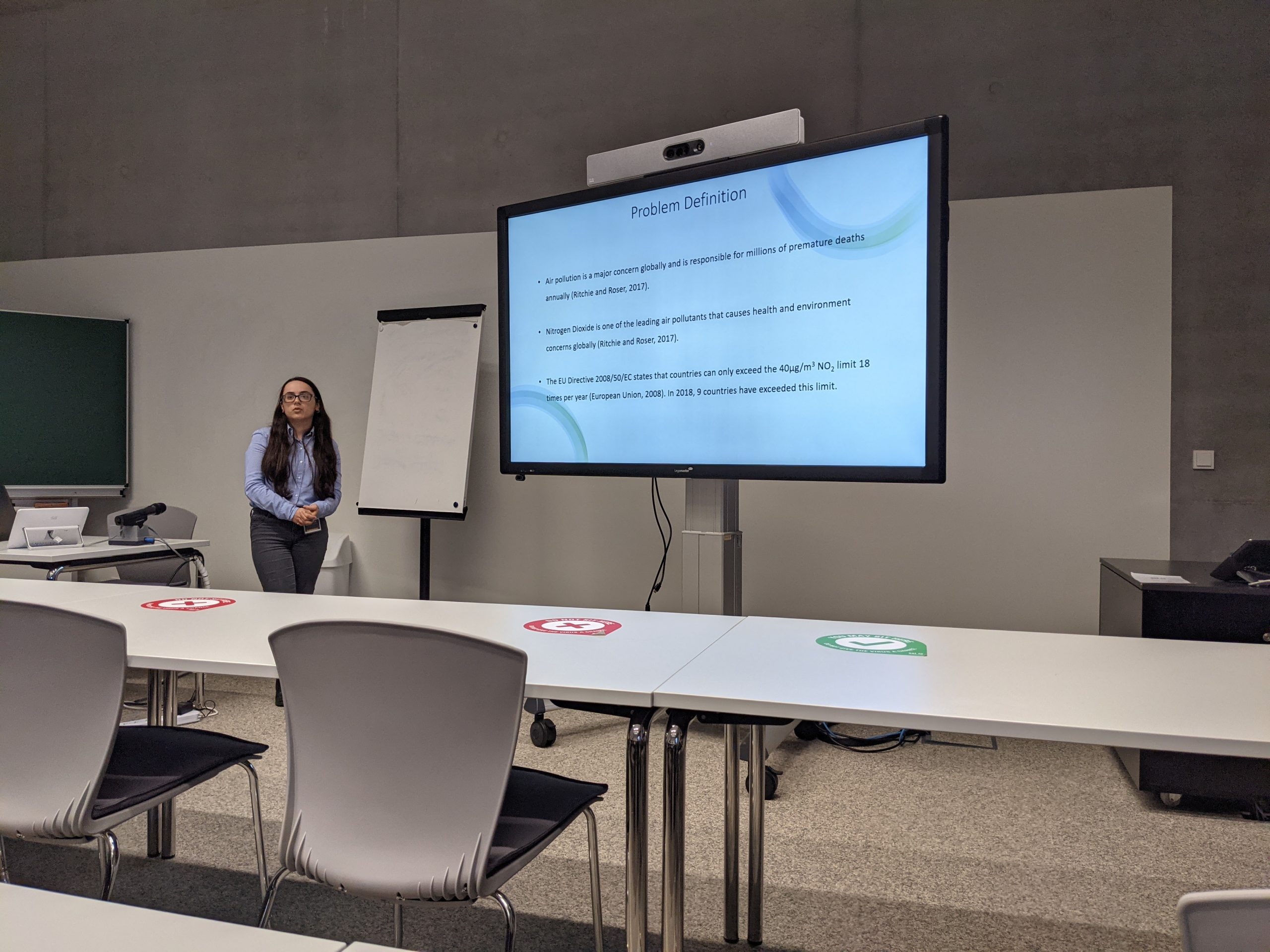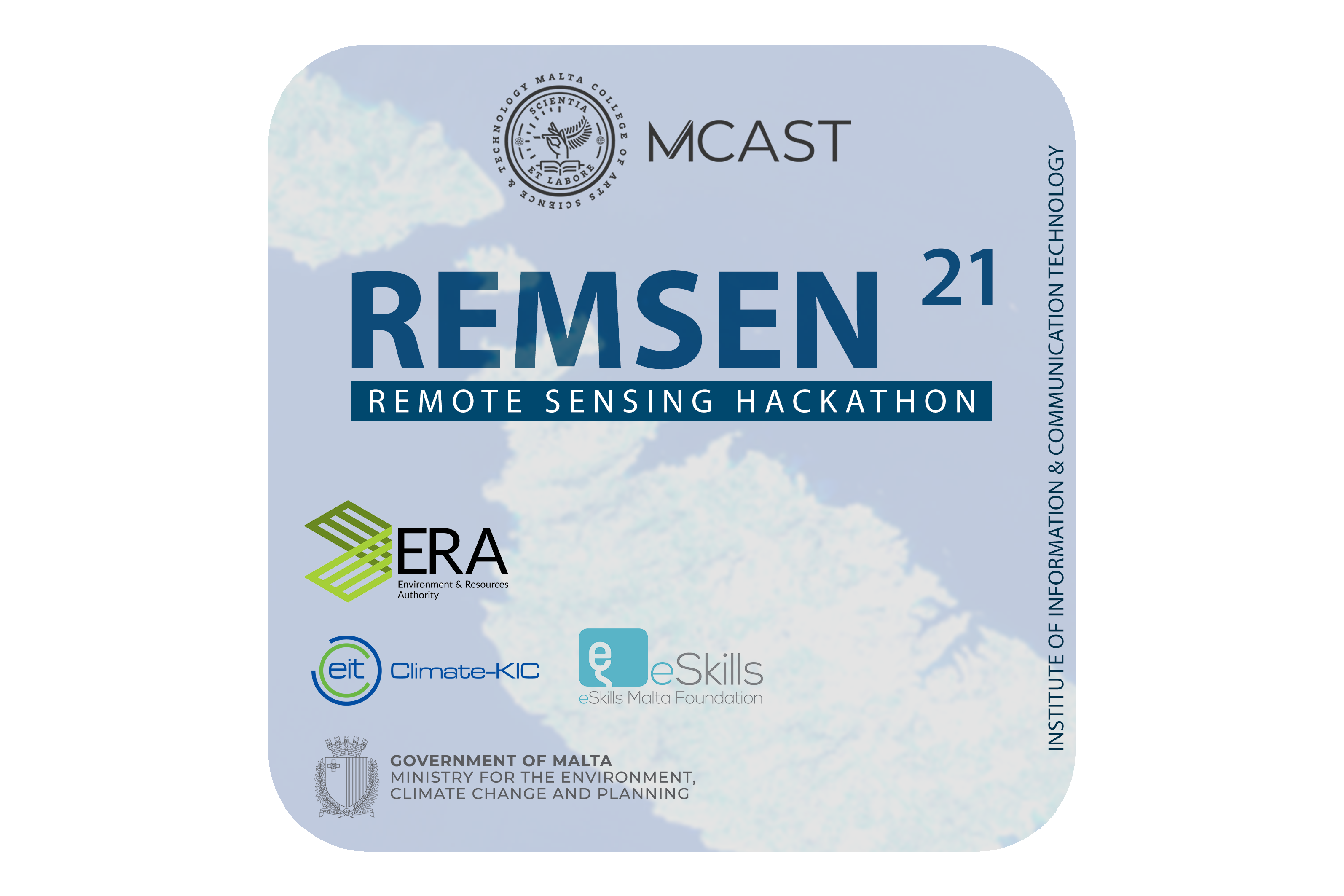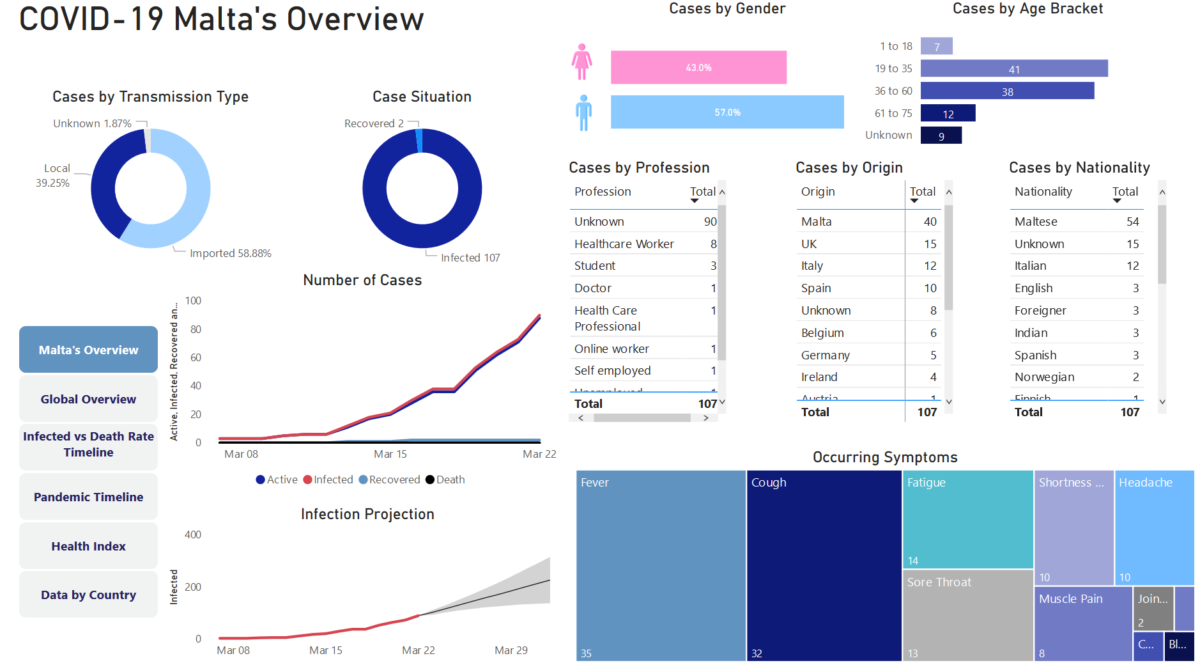MCAST @ DaSET 2023
Very pleased that our MCAST IICT undergraduate research, authored by Ms Clair Abela and myself, has been accepted and presented at the 2nd International Conference on Data Science and Emerging Technologies 2023 (DaSET 2023). Our study titled “Wound Stage Recognition using YOLOv5” focuses on the use of YOLOv5 to detect and classify pressure injuries. Clair has demonstrated great dedication and rigor in her research undertaking and excelled not just at an institute level but also at an international level, representing MCAST and Malta. The full publication can be found on Springer Link.
Abstract: Pressure injuries or pressure sores are lesions that develop over the bony prominences of the body. It is noted from professional nurses and from first-hand experience, that such wounds are often wrongly classified, making the healing process difficult and painful for the patient, when it does not need to be the case. This study aims to research the use of modern computer vision and artificial intelligence techniques to aid in the classification of pressure ulcers to a degree superior to that achieved by humans. The YOLOv5 algorithm was trained in various combinations of three data sets. Single-phase and multi-phase architecture models were developed and trained for the different data set configurations to identify the ideal scenario of classification for the different stages of pressure ulcers. A single-phase architecture model trained using the public data sets and enhanced with the novel data set improves on the current state of the art. While the single-phase architecture was deemed the better option for the wound stage classification throughout this study, both architectures had their own strong points. The multi-phase architecture was found to be better suited for smaller data sets, while the single-phase architecture was better suited for larger ones. It was also found that throughout both architectures, the combination of 3 data sets is varied enough, however, less is not. This study is further strengthened through the input of different viewpoints that complement the lead researcher’s work.

